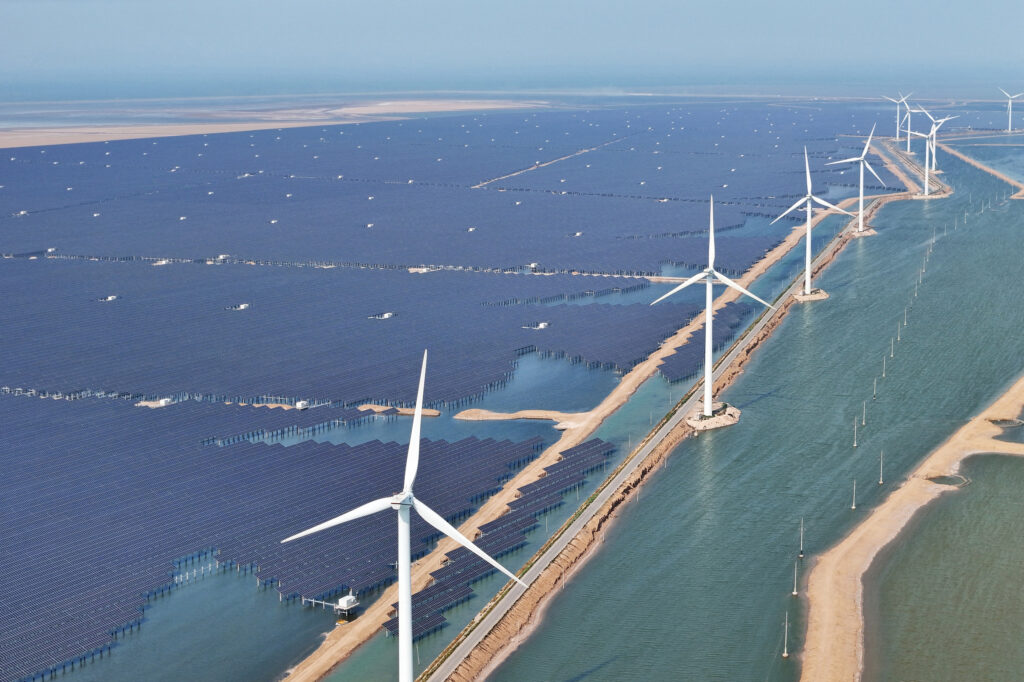Water companies increasingly resemble financial institutions rather than “businesses servicing monopolised critical infrastructure”, warns Parliament’s Environment, Food and Rural Affairs Committee in a report published on 16 June. MPs call for “root and branch reform” of a sector they say has “a serious culture problem”, and outline proposals intended to support the action of regulators and restore the sector’s accountability to the public.
The “Priorities for Water Sector Reform” report follows evidence sessions with the leadership of ten major water and sewerage companies in England and Wales in 2025. It offers a series of recommendations to the Independent Water Commission ahead of its final report, due next month. Committee members will present their findings directly to Commission Chair Sir Jon Cunliffe in a hearing on 17 June.
At the heart of the report is a critique of the sector’s leadership and ownership models. MPs say water companies “could offer a better culture of responsible leadership” and urge the Commission to explore alternative ownership structures that could foster more accountable governance. They recommend that regulators be given powers to vet or block unsuitable owners, to “prevent bad actors from running critical national infrastructure”.
Executives’ financial incentives also come under fire. The report notes that bonus payments totalling millions of pounds have been repeatedly paid to senior executives over many years despite poor environmental and service performance, the effect being to “seriously diminish trust” while also failing to incentivise improvement.
MPs call for stricter oversight by Ofwat over senior appointments and bonuses, including “clearer statutory expectations on the criteria for bonuses”.
The report says that “privatisation has almost certainly weakened the accountability of the water industry to the public.” It argues that water companies should be legally obliged to publish performance, environmental and financial data on a regular basis.
Financial engineering and dereliction of duty
MPs accuse companies of economic mismanagement, pointing to unsustainable levels of debt and the prioritisation of shareholder returns over customer service and infrastructure investment. It states that “a culture of relying on debt must never be allowed to arise again”.
The document also calls for safeguards “to prevent egregious dividend payments”, noting that examples of excessive dividends in the face of poor performance “are symptomatic of a culture of profiteering over duties to regulators and customers”.
While acknowledging that special administration should be a last resort, given its initial high cost, MPs says it is “unclear” whether propping up a failing, debt-laden company is preferable to temporary national control.
Regulatory reappraisal
The report supports efforts to overhaul the sector’s regulatory framework but warns that even strong regulation is ineffective without well-equipped regulators. The latter should be granted automatic access to companies’ data, believe the authors.
MPs also criticise the existing price review process, which they say needs reform, and they would like to see the Cunliffe review proposals result in a system that encourages improved resilience, to protect customers from short term shocks and to ensure that water resources are protected in the future.
During its inquiry, the Committee heard of instances of inadequate communication from some water companies during events such as water outages or raw sewage entering homes and was particularly concerned to hear of vulnerable customers not receiving the support they needed. MPs also say that “it is generally thought that levels of compensation after these events are too low and easy to avoid paying.”
The report urges Defra and the Water Commission to address the issues of local coordination with key bodies and communication with customers, and to consider the introduction of statutory standards to “create a customer-first culture” among water companies.
The Committee wants the Commission to make provisions to establish a single social tariff to protect low-income households and for the Commission to establish how effectively water poverty is being tackled.
The Chair of the Committee Alistair Carmichael said: “The water sector has a serious culture problem. Water companies are the keepers of a vital national infrastructure. They exist to provide an essential service to the public and to protect the environment. But these primary functions seem to have been forgotten. Amidst growing public outrage at the poor performance of water companies, some companies have been paying out high dividends to shareholders and excessive bonuses to their senior executives.
“Water companies’ complex and sometimes impenetrable financial structures, with their myriad subsidiaries, holding companies and parent organisations, seem to suggest that their purpose is less to provide a good service to their customers and more to allow them to juggle their finances and their increasingly unsustainable levels of debt.
“Meanwhile, an ineffective regulatory system has failed to protect customers, the environment and the financial stability of the sector. It has failed to ensure that companies invest in essential infrastructure and it has not encouraged long-term thinking.
“This has got to stop now. Trust and accountability in the water sector are very low. It is not acceptable that it has fallen to commendable citizen scientists to expose issues with local water resources. Environmental protection and the delivery of a reliable and safe water must be the first priorities of water companies and regulators.
“We want the country’s water sector to be fit for purpose. Now and in the long-term. The Water Commission has got the opportunity to draw up the root and branch reforms necessary to ensure that the issues plaguing the sector are resolved. It must not shy away from bold proposals.”
















